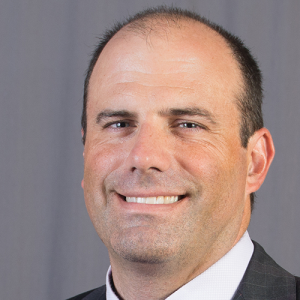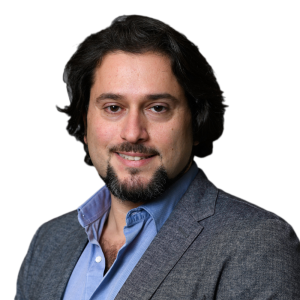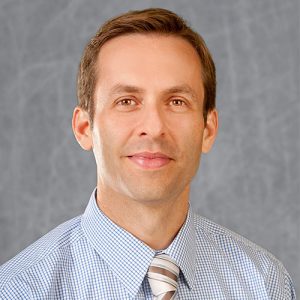Three College professors among most cited researchers globally

Three faculty members from the College of Engineering were recognized on Clarivate’s 2021 list of Highly Cited Researchers. Robert Heath, Lampe Distinguished Professor of Electrical and Computer Engineering; Aram Amassian, professor of materials science and engineering; and Michael Dickey, Camille and Henry Dreyfus Professor of Chemical and Biomolecular Engineering, were recognized for being in the top one percent of citations in their field over the past 10 years.

This year, Clarivate’s list included 6,602 researchers. Recognition is a great honor, whether it is a researcher’s first time on the list or if they are often included. Heath has been featured on the list since 2014 and Amassian joined the list in 2020, while Dickey appears for the first time this year.

“Being on the list of the World’s Highly Cited Researchers is great validation for my research team, my students and collaborators,” Amassian said. “It gives us the motivation to carry out research in the area of renewable energy materials and sustainable technologies that will hopefully translate into real societal impact.”
The professors credit their respective departments for their success, as well as their fellow faculty members and researchers.
“The support of the College of Engineering and the Department of Materials Science and Engineering has been instrumental in pursuit of the vision of the [Carbon Electronics] Cluster,” Amassian said. “This includes pilot scale manufacturing facilities that allow entrepreneurs within the Cluster to translate innovations to market.”

For the professors, the research never stops. Dickey collaborated on a team to make a simple way to treat fabrics to make them antibacterial and antiviral, a timely concern, in addition to publishing a paper on new ways to convert mechanical energy to electricity. Heath is working on developing the next generation of cellular communications, taking advantage of large numbers of antennas and higher frequencies. Amassian’s research group focuses on renewable energy technologies, including addressing problems in manufacturing, stability and speeding up research with robotics.
“I think the research community will be surprised by much of the work we will publish in the coming year,” Amassian said. “Stay tuned.”
This post was originally published in College of Engineering News.